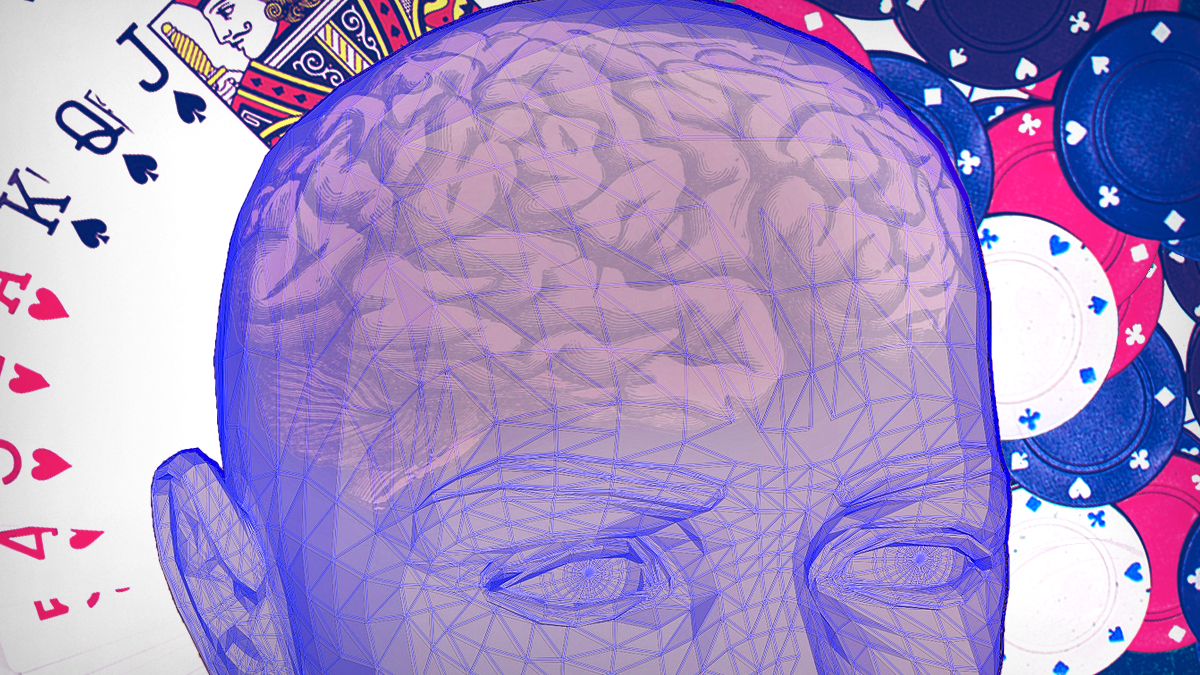What happens to your brain when you stop gambling?
In today’s fast-paced and interconnected world, gambling has become a widespread entertainment for many individuals. However, for some people, gambling can evolve from a recreational activity to a problematic behavior that negatively impacts their lives. If you’re considering quitting gambling or are curious about its effects on your brain, this article will provide valuable insights and information.
Understanding the Psychology of Gambling
Gambling activates various brain regions associated with pleasure, reward, and decision-making. The anticipation of winning, the rush of adrenaline, and the euphoric feeling experienced during a win can be incredibly enticing. These neurological responses are similar to those triggered by addictive substances, making gambling a potentially addictive behavior for susceptible individuals.

